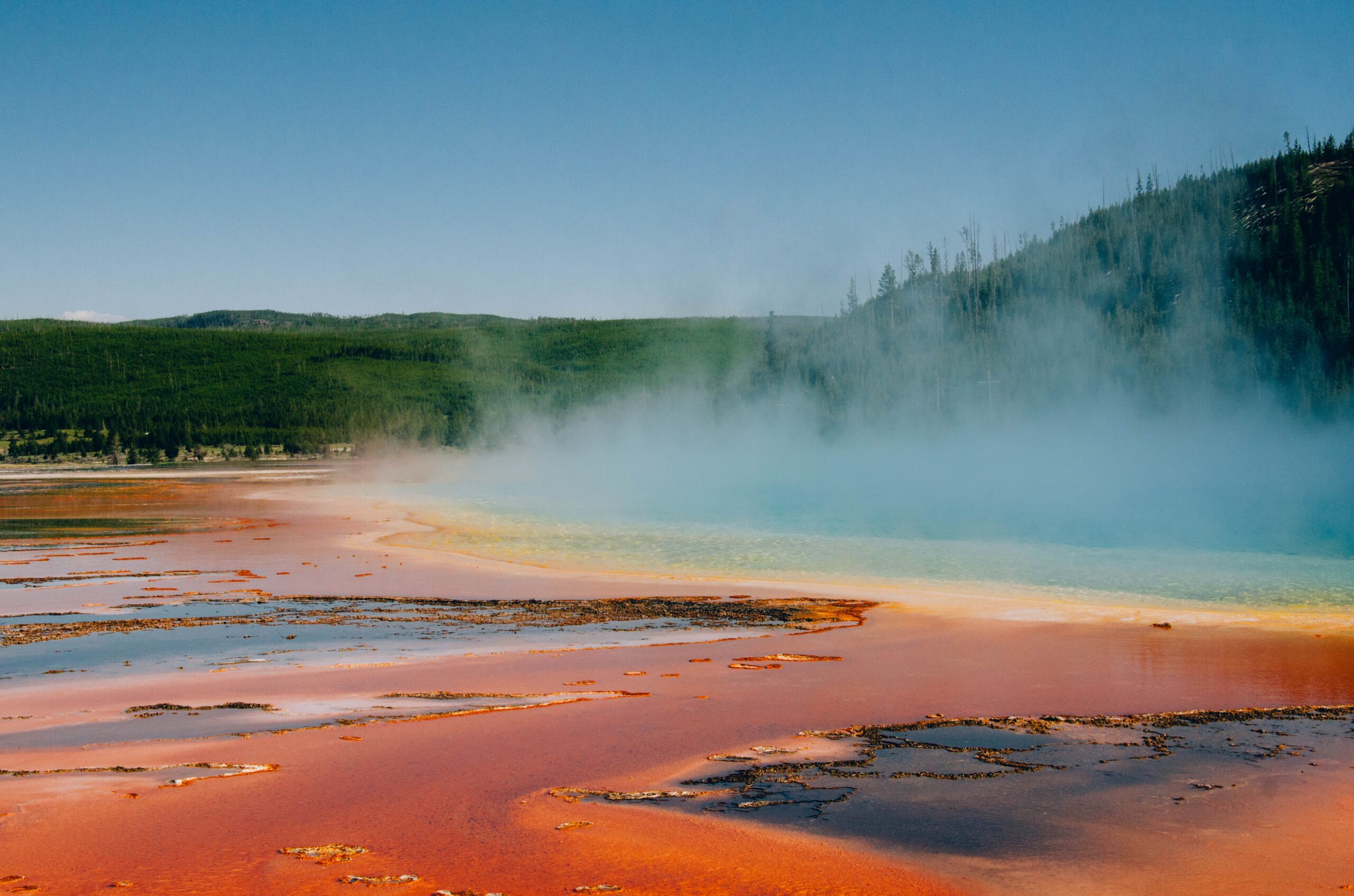This article originally appeared in Outside Magazine.
As both political parties trade shots amid the government shutdown, America’s national parks are caught in the crossfire. Under a new policy adopted by the Trump administration, parks have been allowed to remain open with limited staffing during the lapse in appropriations, while some Democratic lawmakers and environmental groups have called for the parks to be closed, citing risks to visitors and damage to park resources.
National parks have long played a central role in D.C. budget battles. There’s even a name for it: the Washington Monument strategy, in which popular parks are shuttered as a form of leverage in spending fights. President Clinton used the strategy effectively in the nineties. During the 2013 shutdown, the Obama administration ordered all parks to close, including operations within parks that used no federal funds, a move that some viewed as a tactic to make the shutdown as visible as possible.
This time, parks remain part of the political playbook. Some critics say that by keeping parks open, Trump is attempting to minimize the impact of the shutdown, while one Democratic House aide told Bloomberg, “To the extent that national parks are a sympathetic face of shutdown damage, we’re thinking through how to use them in our work.”
The partisan gamesmanship over our national parks should make one thing clear: it’s time to get politics out of our parks. As a former park ranger, I know how politics can pervade parks and undermine the ability of local managers to sustain and protect them. Instead of politicizing our parks, we should be looking for ways to make them less vulnerable to Washington’s budget fights and ensure that they cannot be used as pawns to advance the agenda of any administration, whether Democrat or Republican.
Our national parks are weaponized in partisan budget battles and prone to management decisions motivated more by politics than prudence.
Simply put, that means making parks less dependent on unreliable congressional appropriations. Today the National Park Service counts on Congress for the vast majority of its funding, yet Congress is notoriously stingy with park funding, regardless of which party is in control. This lack of funding has led to operational shortfalls and a deferred maintenance backlog of nearly $12 billion—four times the agency’s annual budget.
No one gets reelected for fixing a leaky wastewater system or for funding routine park operations, and politicians are often more interested in creating new parks than paying for existing ones. As President Obama’s interior secretary Sally Jewell said of the need for basic parks funding, “We have to hold a bake sale for everything.”
The result: our national parks are weaponized in partisan budget battles and prone to management decisions motivated more by politics than prudence.
As a ranger in Olympic National Park, I saw firsthand how this can play out. After decades of neglect from D.C., Olympic faces a backlog of more than $120 million in unmet repair needs and regularly operates with just 60 percent of the funds necessary to adequately maintain and run the park. The effects are evident: crumbling roads, washed-out trails, and dilapidated visitor facilities are all too common. In the iconic Hoh Rainforest, where I worked as a backcountry ranger, there’s usually only enough funding for a single ranger to staff the visitor center most of the year—despite it being one of the park’s most popular areas.
It doesn’t have to be this way. Finding ways to insulate parks from the annual appropriations process would make them more self-sufficient and less vulnerable to political manipulation. Relying more on park visitors and even nonprofit or private-sector operators, or by establishing dedicated funding sources—perhaps similar to the system that uses hunting and angling to support wildlife conservation through license fees and taxes on gear—are just a few ways that would help reduce the influence of politics on our parks.
Yet some groups often seem reluctant to make national parks more self-reliant. Several environmental organizations have recently opposed the Trump administration’s decision to allow park managers to operate popular sites during the shutdown by tapping unspent visitor-fee revenue, which does not require congressional appropriation. (Due to internal restrictions imposed by the National Park Service, fee revenue has not typically been used for routine park operations and maintenance.) And the outdoor industry has so far resisted efforts to establish a so-called “backpack tax” on outdoor equipment that could be used to help fund parks and other public lands.
If our parks depended more on park users than on Congress, they would be less susceptible to the growing partisanship and political dysfunction of Washington.
That’s a shame, because if our parks depended more on park users than on Congress, they would be less susceptible to the growing partisanship and political dysfunction of Washington. And if park managers had greater authority to retain fee revenue—and the ability to use fee funds as they see fit, whether for operations or otherwise—then they wouldn’t have to rely on Congress much at all. With a record-setting 1.5 billion visits over the past five years, what could be more reliable than park visitors themselves?
In Olympic, fees collected from visitors can be an important source of politics-free funding that directly benefits future visitors. And because such revenue doesn’t require appropriation from Congress, the park’s local managers can tackle the needs that matter most on the ground.
Thankfully, there are some efforts underway to establish park-funding mechanisms that don’t depend on congressional appropriations. Last year, bipartisan bills were introduced in both the House and Senate that would create an endowment-like fund of up to $1.3 billion annually in federal energy revenues devoted to maintaining parks and other public lands. The fund could be spent or invested toward future projects at the discretion of the Interior Department.
That’s a good thing, because if we truly want to protect our national parks, we need to find ways to protect them from Washington.




